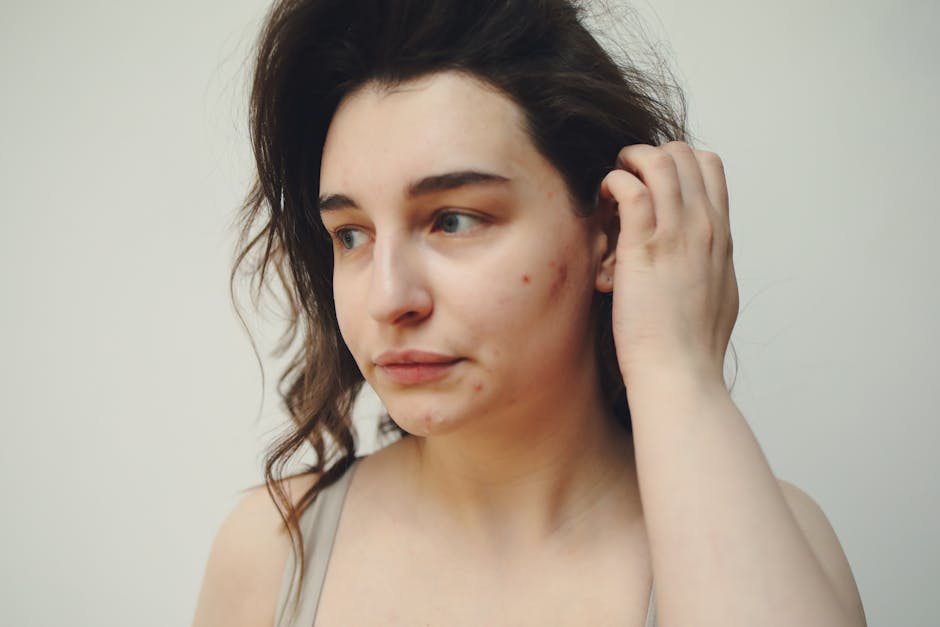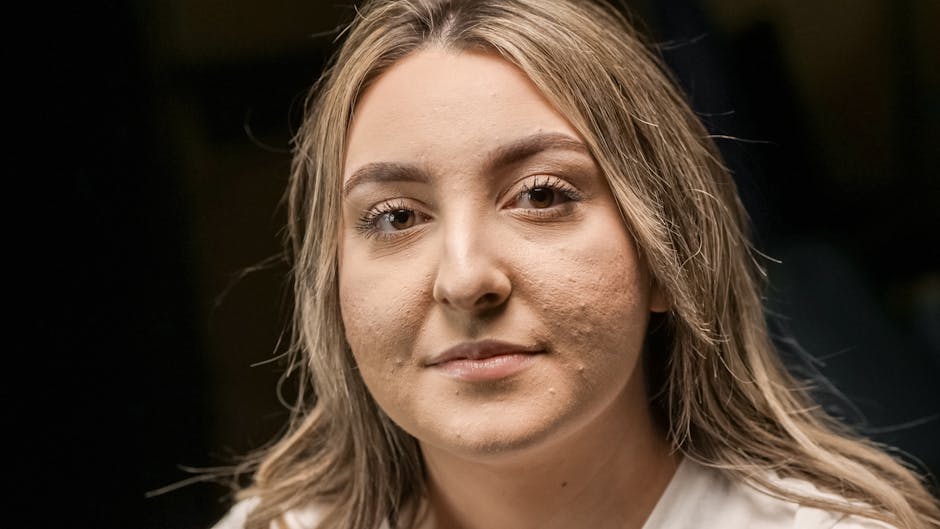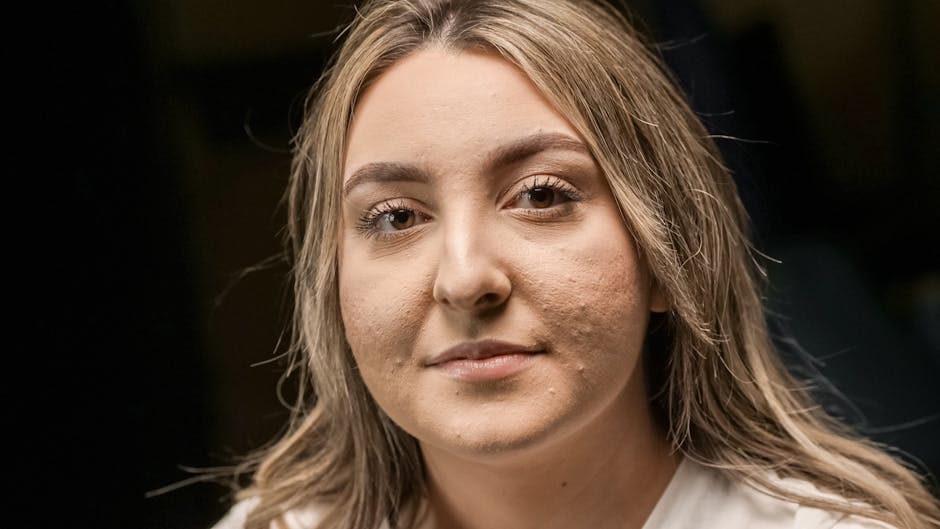How To Vanquish Acne: A Holistic Guide To Clearer Skin
If you're one of the millions of people who struggle with acne, you know how frustrating and embarrassing it can be. But don't despair! There are effective ways to treat acne and achieve clearer, healthier skin. In this blog post, we'll explore a comprehensive guide to curing acne, covering everything from home remedies to medical treatments.
**Understanding Acne**
Acne is a common skin condition that occurs when hair follicles become clogged with oil and dead skin cells. This can lead to the formation of pimples, blackheads, and whiteheads. Acne is most common among teenagers, but it can affect people of all ages.
**Causes of Acne**
There are a number of factors that can contribute to the development of acne, including:
* **Hormonal changes:** Acne is often triggered by hormonal changes that occur during puberty. These changes can lead to an increase in oil production, which can clog hair follicles.
* **Genetics:** Some people are more likely to develop acne if they have a family history of the condition.
* **Diet:** Certain foods, such as sugary drinks and dairy products, have been linked to an increased risk of acne.
* **Stress:** Stress can trigger acne breakouts in some people.
* **Medications:** Some medications, such as corticosteroids and lithium, can cause acne as a side effect.
**Home Remedies for Acne**
There are a number of home remedies that can help to treat acne, including:
* **Tea tree oil:** Tea tree oil is a natural antibacterial and anti-inflammatory agent that can help to kill bacteria that cause acne.
* **Salicylic acid:** Salicylic acid is a beta-hydroxy acid that can help to exfoliate the skin and unclog pores.
* **Benzoyl peroxide:** Benzoyl peroxide is an antibacterial agent that can help to kill bacteria that cause acne.
* **Sulfur:** Sulfur is an antibacterial and anti-inflammatory agent that can help to reduce inflammation and kill bacteria.
**Medical Treatments for Acne**
In some cases, home remedies may not be enough to treat acne. In these cases, medical treatment may be necessary. Medical treatments for acne include:
* **Topical antibiotics:** Topical antibiotics can be applied to the skin to kill bacteria that cause acne.
* **Oral antibiotics:** Oral antibiotics can be taken to treat acne that is severe or that does not respond to topical antibiotics.
* **Isotretinoin:** Isotretinoin is a powerful oral medication that is used to treat severe acne.
**Prevention**
There are a number of things you can do to help prevent acne, including:
* **Wash your face twice a day:** Washing your face twice a day can help to remove oil and dead skin cells from your skin.
* **Use a gentle cleanser:** Avoid using harsh cleansers that can irritate your skin.
* **Moisturize your skin:** Moisturizing your skin can help to keep it hydrated and prevent breakouts.
* **Avoid touching your face:** Touching your face can transfer bacteria to your skin and cause breakouts.
* **Eat a healthy diet:** Eating a healthy diet can help to reduce inflammation and improve your skin's health.
**Conclusion**
Acne is a common skin condition that can be frustrating and embarrassing. But there are effective ways to treat acne and achieve clearer, healthier skin. By understanding the causes of acne and following the tips outlined in this blog post, you can take control of your skin and enjoy a clearer complexion.


